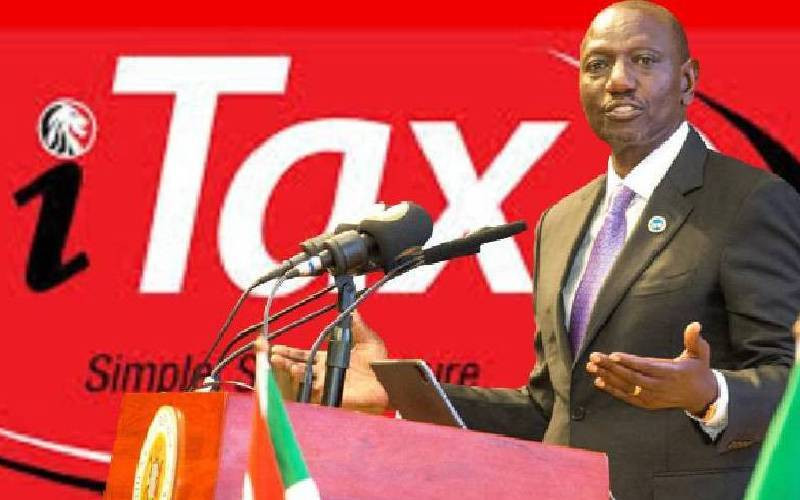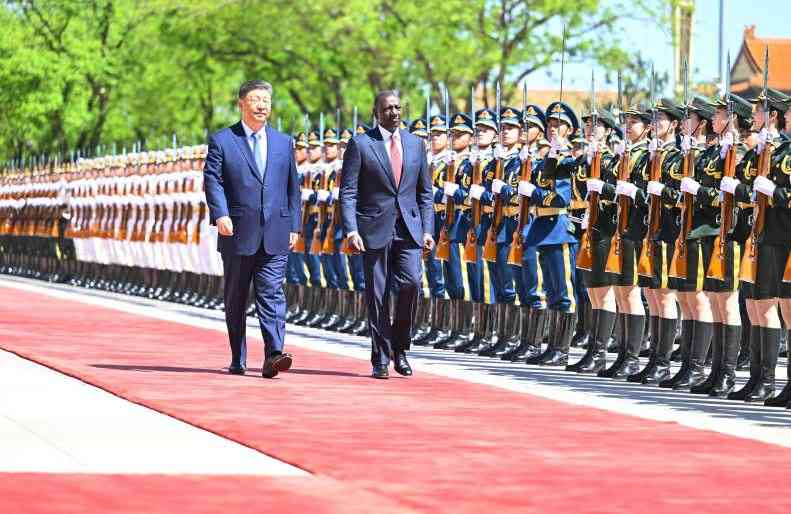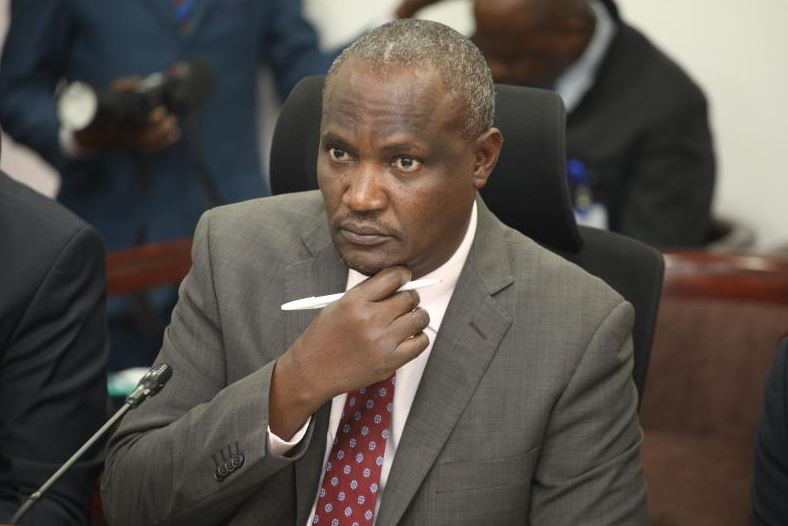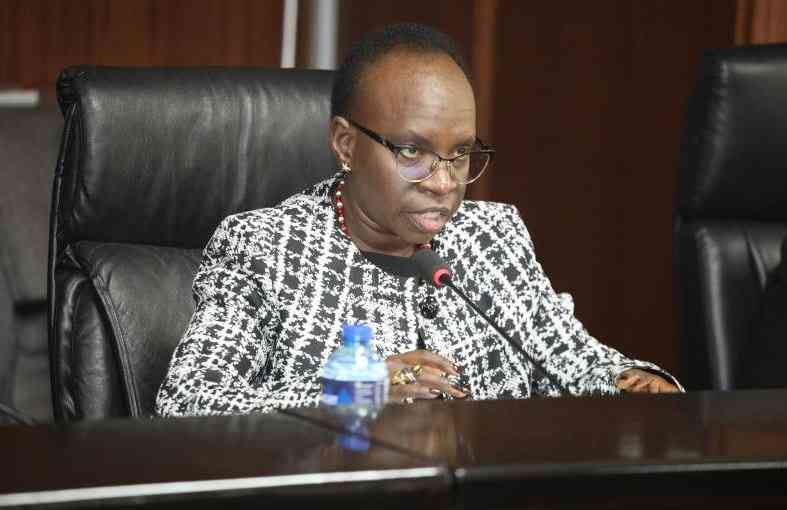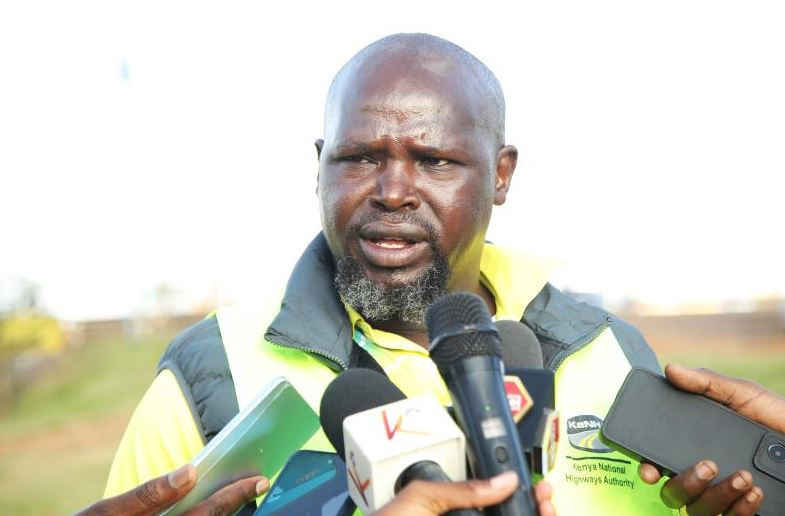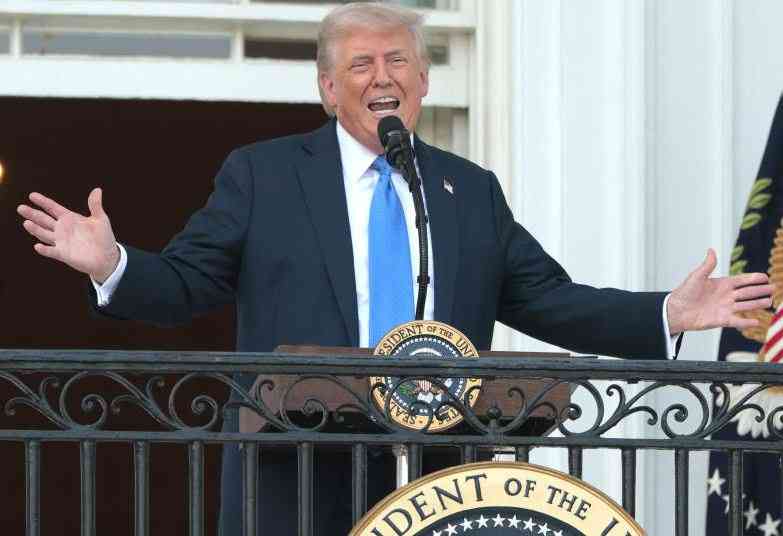
It was April 2025 in Nakuru. From the faces of dozens of Civil Society Organisations (CSOs) workers converged from the entire Rift Valley region, one could read raw panic, though varnished with nervous smiles and feeble efforts at exuberance.
A few months prior, US President Donald Trump had issued the infamous executive order, which imposed a sudden 90-day worldwide suspension of practically all US foreign aid disbursed through the United States Aid for International Development (USAID). This meant more than 90 per cent of related contracts and $60 billion in overall US assistance around the world were suspended.
What may look like a trivial matter from the towers of Washington has resulted in a huge cut in foreign assistance to developing countries and possibly, complete devastation for civil societies, many quite overtly reliant on it. At the time of writing this article, the US government has dissolved USAID altogether.
USAID was established in 1961 by President John F Kennedy as an independent government a tool for disbursing humanitarian assistance and as a counterweight to the increasing Soviet influence overseas. In 2023, it had a budget of US$40 billion and employed 10,000 personnel and was providing aid in 177 countries worldwide. The US has been responsible for about US$8 in every US$100 that flowed from the rich world to developing countries. In 24 years, Kenya has received about Sh1 trillion aid from the United States through USAID.
We were privileged - as invited key resource persons - to join the CSO throng, denizens of the trenches who tirelessly advocate for democratic values and principles, uphold the principles of justice and democracy, amplify the voices of vulnerable communities, promote transparency and accountability, and ensure the rights of all Kenyans are respected, to search for a way out of the clearly building storm.
Consequently, many CSOs have had to tweak their internal structures and make their workforce lean by laying off staff. According to one authoritative source, approximately 40,000 healthcare workers in Kenya partly financed by USAID are likely to lose their jobs. Families reliant on NGO incomes could be left extremely vulnerable.
No doubt, financial strangulation of CSOs greatly delights authoritarian regimes, which are at best of times hostile to human rights agencies. These will not only be emboldened, but also actively connive to accelerate the demise of weakened CSOs that demand governance accountability from them.
Besides the invigoration of tyrannical governments, many other categories of casualties are lined up. There may be rejuvenation of retrogressive practices (think FGM) hitherto nearly vanquished by vibrant NGOs, increased drought and reduced healthcare, especially against the backdrop of Trump’s earlier withdrawal from the World Health Organisation (WHO) and the Paris Climate Agreement.
The list is endless, but will invariably include negative impact on farming, closure of refugee camps, reduction of Diaspora remittances, inability to handle future pandemics and other global crises, and the danger of European donors following America’s example.
Of particular gravity is the suspension of the normal functions of President’s Emergency Plan for AIDS Relief without any contingency plans, which portends possible deaths of people living with HIV/Aids who have otherwise managed their conditions with relative comfort so far. One study has predicted 2.9 million HIV-related deaths by 2030 if Europe and the US withdraw bilateral aid. In Myanmar, over a million people lost access to malaria treatment overnight.
Overall consensus was that local CSOs must diversify their revenue streams by adopting sustainable financial models such as converting to social enterprises, charging membership fees, developing training programmes in area of expertise and engaging corporates for sponsorship. Further, collaborations and partnerships with other entities can provide access to additional resources, expertise and mutually beneficial networks.
CSOs must therefore invest in capacity building and training for their staff and volunteers on effective fundraising and resource mobilisation strategies such as grant writing, donor relations, marketing strategies, and social media engagement for long-term sustainability.
Advocacy and public awareness is another helpful strategy for circumventing sabotage by irrational donor actions. By engaging the community and influencing policy decisions, CSOs can create an environment that supports their mission while also attracting potential donors who resonate with their cause. This can be buttressed by a strong public presence through storytelling, social media engagement, and community events can help raise awareness about the issues at hand and mobilise support.
As an example, NGOs focused on environmental conservation might launch a campaign highlighting local environmental challenges while showcasing their efforts to address them. By engaging community members in discussions about these issues and encouraging them to take action—whether through volunteering or donating—NGOs can cultivate a loyal base of supporters who are invested in their mission.
Last but not least, advocating for policy changes that align with their goals can lead to increased funding opportunities from government sources or foundations interested in supporting systemic change.
Stay informed. Subscribe to our newsletter

